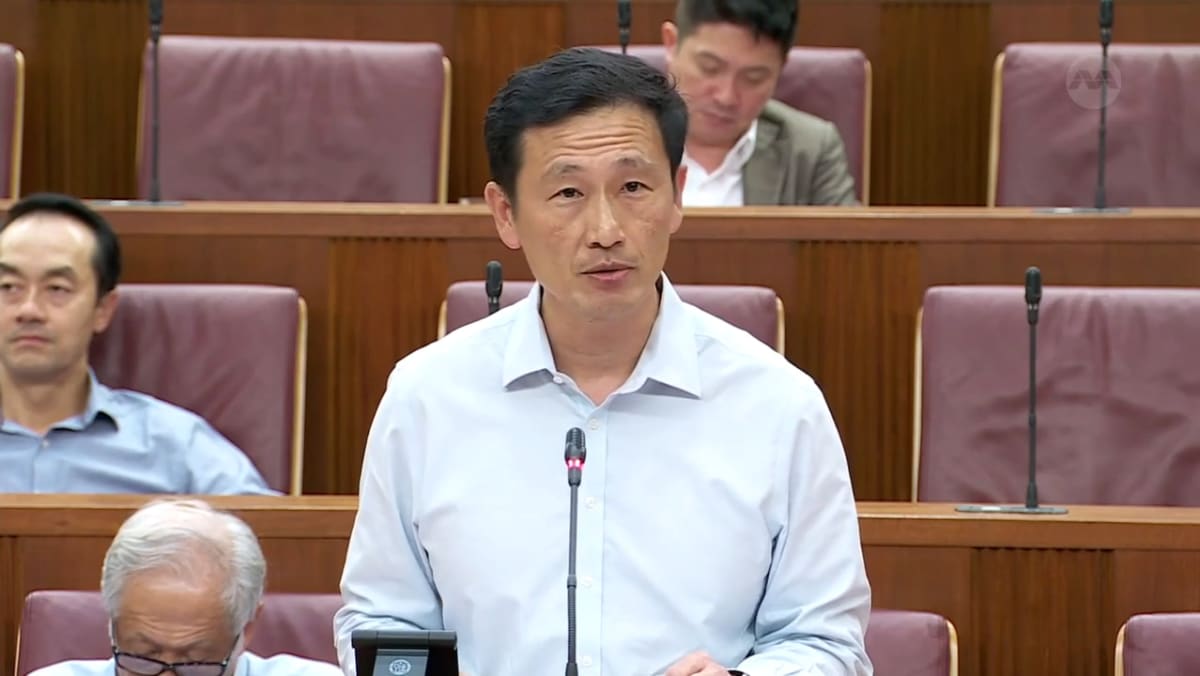
SINGAPORE: There is a tendency for governments to prepare for old challenges rather than new ones, and this applies to the approach to pandemic preparedness, Minister for Health Ong Ye Kung said on Tuesday (Jun 18).
Speaking at a virtual conference to launch a new Independent Panel for Pandemic Preparedness and Response Report, Mr Ong shared the lessons Singapore learnt from the COVID-19 pandemic and what the country is doing to prepare for the next pandemic.
The Health Minister noted the conclusions of a White Paper on the government’s review of its pandemic response, which the Prime Minister’s Office published in March last year.
It listed the effective responses and acknowledged areas where the government had “fallen short”.
“The lessons are many, so let me focus on one key thrust, which is that governments, just like any other organisations, are prone to make the mistake of fighting the last war. And that was the case for COVID-19,” said Mr Ong.
He acknowledged that Singapore’s COVID-19 response – similar to that of many East Asian countries – had been based on what was learnt from the 2003 severe acute respiratory syndrome (SARS) outbreak.
The spread of SARS had been curbed through contact tracing and isolation, Mr Ong said.
“In Western countries, on the other hand, their responses, I think, are based on what they learned during a bad influenza season, so they tried to ride through the epidemic with higher than usual patient load at hospitals, but eventually, things would subside and go back to normal,” he added.
Both approaches to COVID-19, however, “turned out to be unworkable because they were fundamentally responses to the last war that the respective regions had experienced”, Mr Ong said.
Singapore, as did other East Asian countries, soon realised that COVID-19 was “far more transmissible than SARS” and that tracing and isolation could not contain the virus.
Western countries generally took a different approach but found that the virus was far more severe than influenza and by trying to ride through the transmission wave, their hospitals were overwhelmed, leading to more deaths, Mr Ong noted.
Singapore has drawn lessons from the COVID-19 pandemic but “the more enduring insight, or even wisdom, is to expect the next pandemic to be different”.
This means the country “must be prepared for the worst-case scenario”, he said.
While SARS infected fewer people than COVID-19, SARS had a higher fatality rate of around 9.5 per cent.
In comparison, the fatality rate of COVID-19 – which had infected more than 766 million people worldwide and killed nearly 7 million as of May 24, 2023, according to the World Health Organization (WHO) – is about 0.9 per cent.
The next pandemic could be as severe as SARS, and as transmissible as an influenza virus, said Mr Ong.

